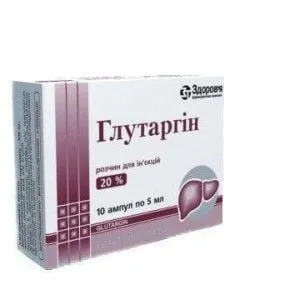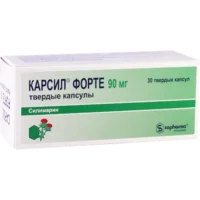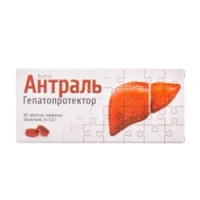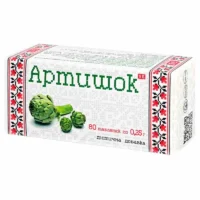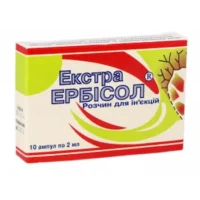Description
Glutargyn Solution for Injections 20% Ampoules 5 ml. №10
Composition
Each ampoule contains Glutamine 20% w/v.
Mechanism of Action
Glutargyn solution provides exogenous glutamine, which serves as a crucial amino acid involved in various physiological processes. Glutamine plays a key role in immune function, protein synthesis, and maintaining intestinal health.
Pharmacological Properties
Glutamine is essential for cellular metabolism, acting as a building block for proteins and supporting the body’s healing and recovery mechanisms.
Indications for Use
Glutargyn solution is indicated for the treatment of conditions that necessitate parenteral glutamine supplementation to support physiological functions.
Contraindications
Avoid using Glutargyn solution if you have a known allergy to any of the ingredients present in the formulation.
Side Effects
Common side effects may include gastrointestinal disturbances. Consult a healthcare provider if any adverse reactions occur.
Usage Instructions
The typical dosage involves administering 5 ml of the solution either intramuscularly or intravenously once daily. It is essential to follow healthcare provider instructions and not exceed the recommended dose.
Benefits Compared to Analogues
Glutargyn solution offers a convenient and effective means of providing exogenous glutamine supplementation compared to other formulations. Its parenteral route of administration ensures rapid delivery and absorption of the active ingredient.
Suitable Patient Groups
Glutargyn solution is suitable for adult patients requiring parenteral glutamine support. Consult a healthcare professional for use in specific patient populations such as children or elderly individuals.
Storage Conditions and Shelf Life
Store Glutargyn ampoules in a cool, dry place away from direct sunlight to maintain stability and efficacy. Check the expiration date on the packaging and do not use expired products.
Packaging Description
Glutargyn solution is available in ampoules containing 5 ml of the 20% glutamine formulation. Each package contains 10 ampoules for multiple doses.
Clinical Evidence and Proven Effectiveness
Studies have demonstrated the beneficial effects of glutamine supplementation in various clinical settings. Research published in the journal “Nutrients” highlighted the role of glutamine in reducing infections and improving outcomes in critically ill patients.

